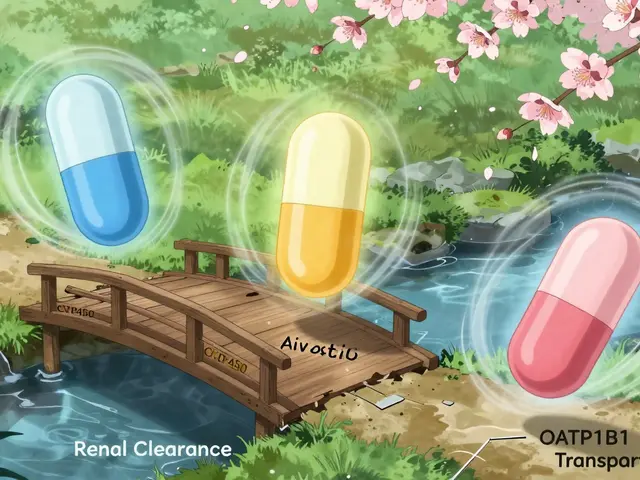Controlled Substance Overview – What It Means and Why It Matters
When dealing with controlled substance, a drug that the law regulates because it can be abused, cause dependence, or pose health risks. Also known as regulated drug, it sits at the core of drug scheduling, the system that classifies substances from low to high abuse potential. The U.S. DEA, the Drug Enforcement Administration, enforces these schedules and issues the legal framework for handling them. In practice, a controlled substance can be a prescription medication, a drug that requires a doctor’s order and a licensed pharmacy to dispense or an illegal opioid that falls under Schedule I. Understanding these entities helps you see why a single drug can be legal in one context and illegal in another.
How Scheduling Shapes Prescription and Compliance
drug scheduling creates a clear hierarchy: Schedule I substances have no accepted medical use, while Schedule V have low potential for abuse. This hierarchy dictates who can prescribe, how often refills are allowed, and what record‑keeping is required. For example, a Schedule II opioid like oxycodone demands a written prescription, no automatic refills, and strict inventory logs kept by the pharmacy. Monitoring programs, such as state Prescription Drug Monitoring Programs (PDMPs), track these transactions to flag misuse. The DEA works with state boards to enforce compliance, and pharmacists must verify that each prescription matches the schedule's rules before dispensing. These layers of oversight connect directly to patient safety, reducing diversion while ensuring legitimate medical need is met.
For patients, the practical side of dealing with a controlled substance means understanding storage, disposal, and alternatives. Secure storage—locked cabinets or safes—prevents unauthorized access, while take‑back programs or FDA‑approved disposal bags handle leftover medication responsibly. When possible, doctors may suggest non‑controlled alternatives, such as physical therapy for pain or non‑pharmacologic anxiety treatments, to lower reliance on high‑risk drugs. Awareness of the schedule, the DEA’s role, and pharmacy requirements empowers patients to follow the law, avoid accidental misuse, and collaborate with their providers for safer outcomes. Below you’ll find a curated set of articles that dive deeper into specific controlled substances, compare treatment options, and offer step‑by‑step guides for buying generic versions safely.
How to Buy Cheap Generic Ativan Online Safely - A Practical Guide
Learn safe steps to purchase cheap generic Ativan (lorazepam) online, verify pharmacies, compare prices, and avoid counterfeit risks.






